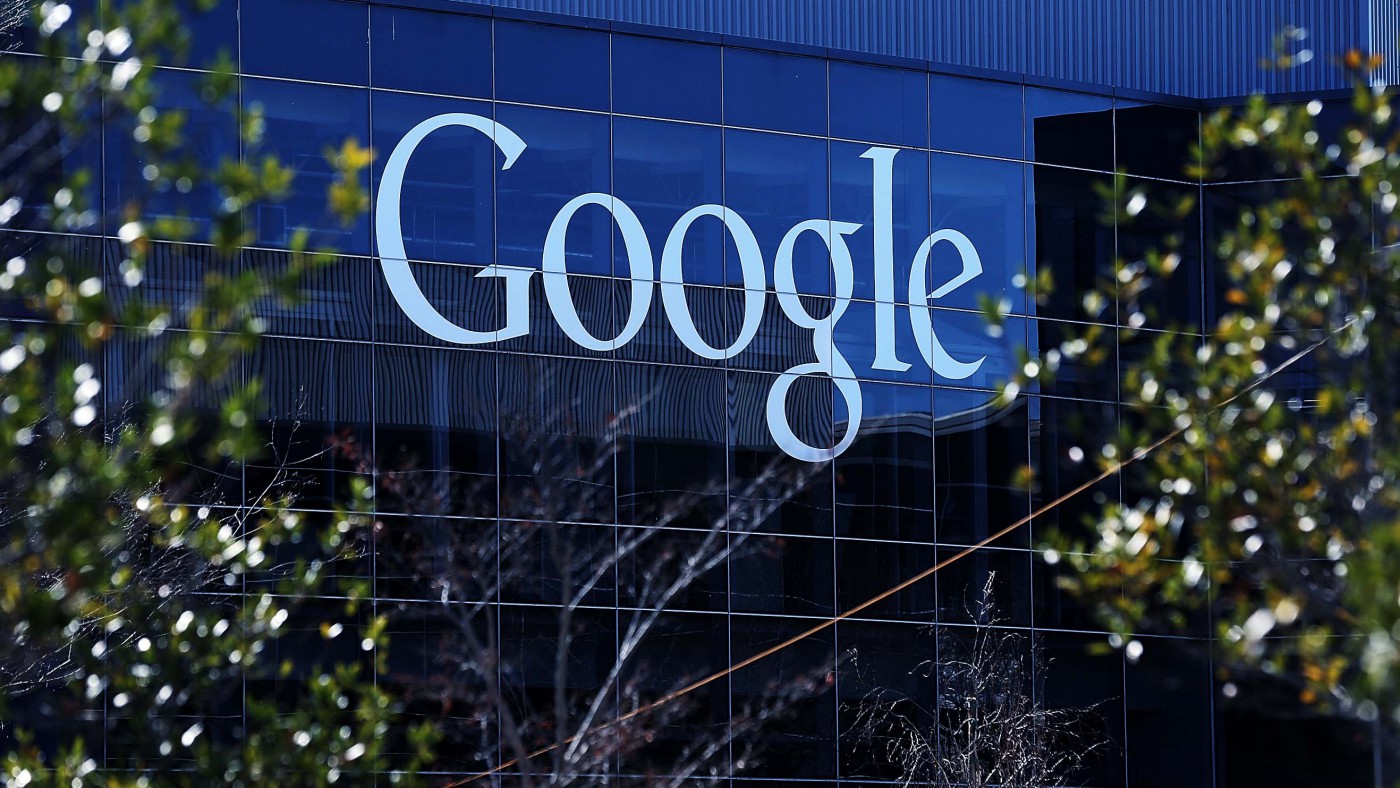The adage that “no king rules forever” does not apply to Google. The tech giant announced a corporate restructuring this summer, forming an umbrella company coined “Alphabet” that will operate as the parent entity for Google and its subsidiaries, including: Android, YouTube, Search and Ads. Alphabet will also be parent to the Google X lab (driverless cars, drone delivery), research focused Life Sciences (Google contact lenses) and Calico, an R&D company whose sole mission is to increase our understanding of the biology that controls human aging.
Google has been a model of technological innovation since its inception in 1998 and a company that continually proves that to be relevant, innovation can come from anywhere. Google’s recent venture into slowing aging and counteracting age-related diseases is a reminder of a tech company creating new activities and practices that is paramount to its mission of organizing the world’s information and making it both accessible and useful.
Part of what makes Google “king” is lack of fear in trying new ventures that others worry could dilute the brand. To be clear, Google has flopped in a few of its product lines, including twitter replica Google Buzz and Wikipedia clone Knol. The adaptive capability of Google, however, resides in continually building initiatives linked to its core mission: organizing, accessing and making information useful.
To achieve greatness, Google recruits top talent from an array of fields, including drug development, biology and medicine. Google’s promotion of an early 1990s biotech spirit has attracted to Calico academic superstars. David Botstein, a former Stanford professor and most recently director of the Lewis-Sigler Institute at Princeton along with Cynthia Kenyon, a former professor at UCSF are setting up the scientific agenda for Calico. The bar is set high: to extend human lives by up to 100 years.
To do so, Calico is hoping Cynthia Kenyon, who discovered how a gene mutation could double the lifespan of roundworms, will provide the boost this venture needs to hopefully make its goal attainable. Dr. Kenyon is working with a team of six other PhD scientists and MDs to devise treatments for age-related disorders.
Google’s co-founders, Larry Page and Sergey Brin, have noted that many of Google’s explorations are “moonshots” – gutsy, disruptive innovations whose room for success is slim but that nonetheless have the potential to revolutionize the world. The common thread behind any moonshot is the idea that such initiatives must a) make things ten times better, b) bring breakthrough rather than incremental change and c) have the ability to leverage disruptive technologies.
All three hold true for Calico, making this biotech arm of Google anything but conventional. Calico is also exploring a new business model in which academic freedom, institute-like collaboration and informal discourse all blend with the aspirations and ambitions of a high-flying biotech start-up. Capitalizing on the reputation of world-renown academicians, Calico has recently entered into lucrative partnerships with premier academic centers in life sciences, including the Broad Institute of MIT and Harvard, the California Institute for Quantitative Biosciences and The University of Texas Southwestern Medical Center.
Google is proudly capitalistic, but Eric Schmidt, Google’s executive chairman is mindful of class tensions and polarizing income inequality that tech companies such as his bring to the fore.
“Ninety-nine percent of people have seen no economic improvement over the last decade,” notes Schmidt and even for one of the richest mavericks in the world, Schmidt is concerned about global income inequality. Last year in Davos, Switzerland during the World Economic Forum, Mr. Schmidt pointed to technology as the source behind lost jobs and stagnant middle-class wages.
At the same time, Mr. Schmidt is a macro-thinker that believes the solution to technology’s displacement of jobs is the creation of small, thriving start-up firms that can generate jobs and excitement amongst the employees that join them. Indeed, a symbol of positivity is Calico which has the potential to not only increase longevity but simultaneously stimulate the economy from the mission it has set for itself.
Google is a consumer-centered corporation focusing on innovations that are often not yet articulated by its customers. By encouraging its employees to constantly live in beta, focus a good chunk of their time to pursue projects they are passionate about, and have a strong sense of mission, Google is creating the sort of future one could only dream about. This is why Eric Schmidt is ultimately a celebrator of capitalism for the people, by the people.
Google, with its host of initiatives in robotics, self-driving cars and its most recent project to make us older and healthier, is a reminder why working on things that impact millions of people in positive ways is cause for more optimism than concern, especially when it centers on the effect of tech on jobs and wages.


